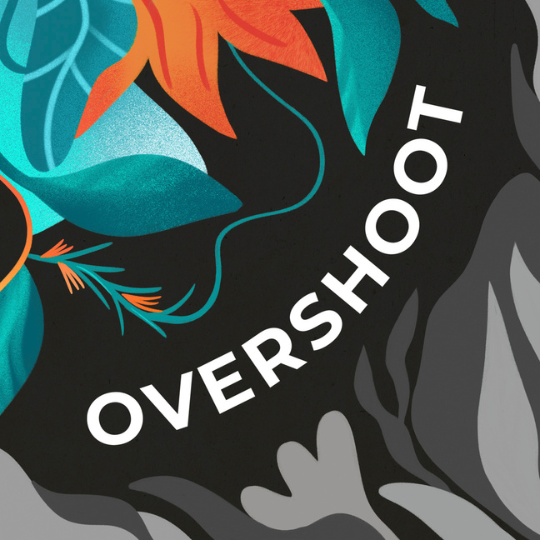Listen on your favorite app
OVERSHOOT | Shrink Toward Abundance
OVERSHOOT tackles today’s interlocked social and ecological crises driven by humanity’s excessive population and consumption. The podcast explores needed narrative, behavioral, and system shifts for recreating human life in balance with all life on Earth. With expert guests from wide-ranging disciplines, we examine the forces underlying overshoot: from patriarchal pronatalism that is fueling overpopulation, to growth-biased economic systems that lead to consumerism and social injustice, to the dominant worldview of human supremacy that subjugates animals and nature. Our vision of shrinking toward abundance inspires us to seek pathways of transformation that go beyond technological fixes toward a new humanity that honors our interconnectedness with all beings. Hosted by Nandita Bajaj and Alan Ware. Ranking in the top 1.5% of all podcasts globally, we draw listeners from across 150 countries.
Read our Listener Feedback. | Support this podcast. | Subscribe to our newsletter.
New to our podcast?
There are over 80 episodes of OVERSHOOT. If you are new to the podcast and looking for a good place to start, we recommend you listen to these episodes first.
Latest Episodes
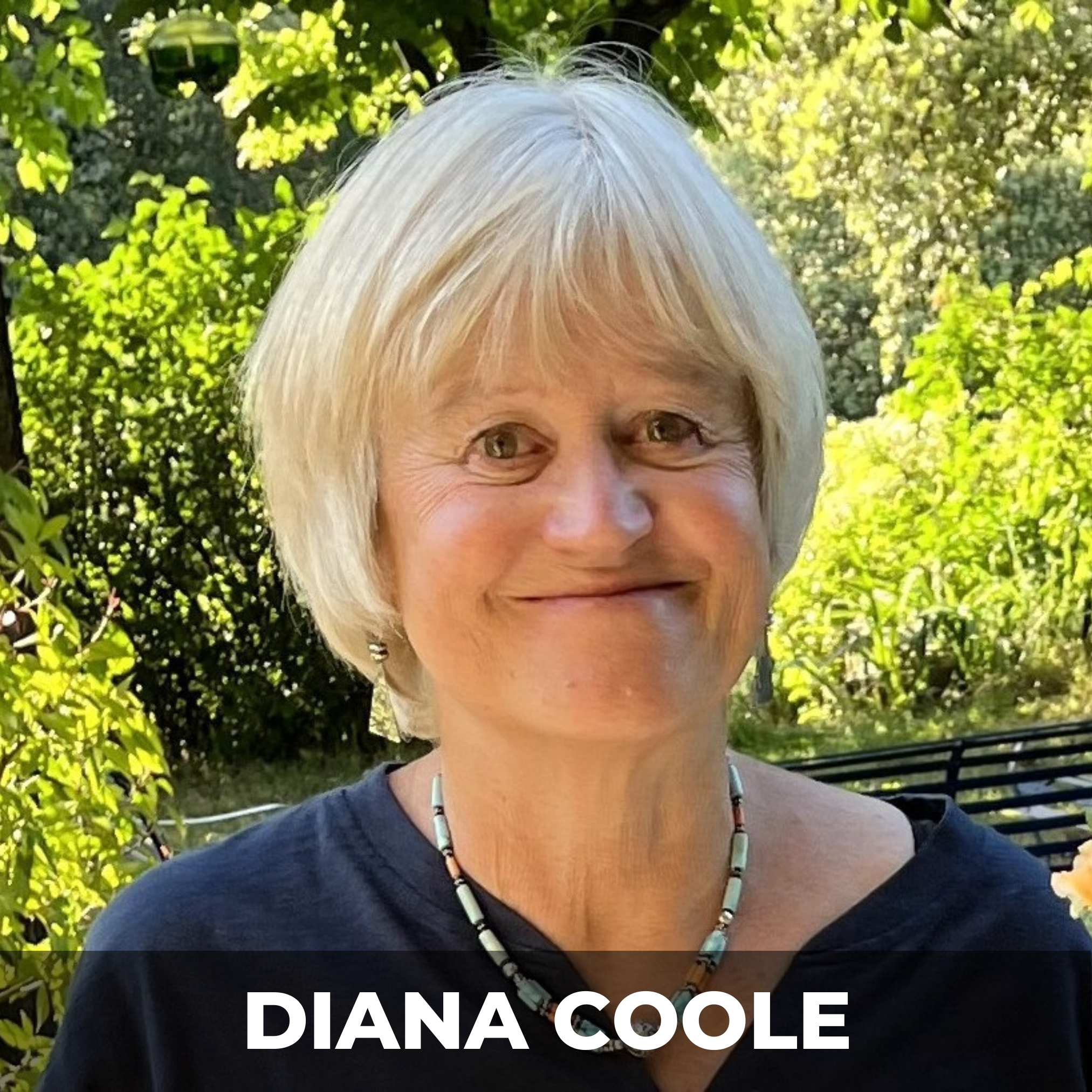
The Toxification of Population Discourse: How Population Became a Dirty Word
When and why did population become a dirty word? And why are so many people shamed for advocating for population reduction? In this episode with political theorist and feminist scholar, Dr. Diana Coole, we unpack the history of the toxification of the population discourse over the last 30 years and the dire social and ecological consequences that this silencing has unleashed.
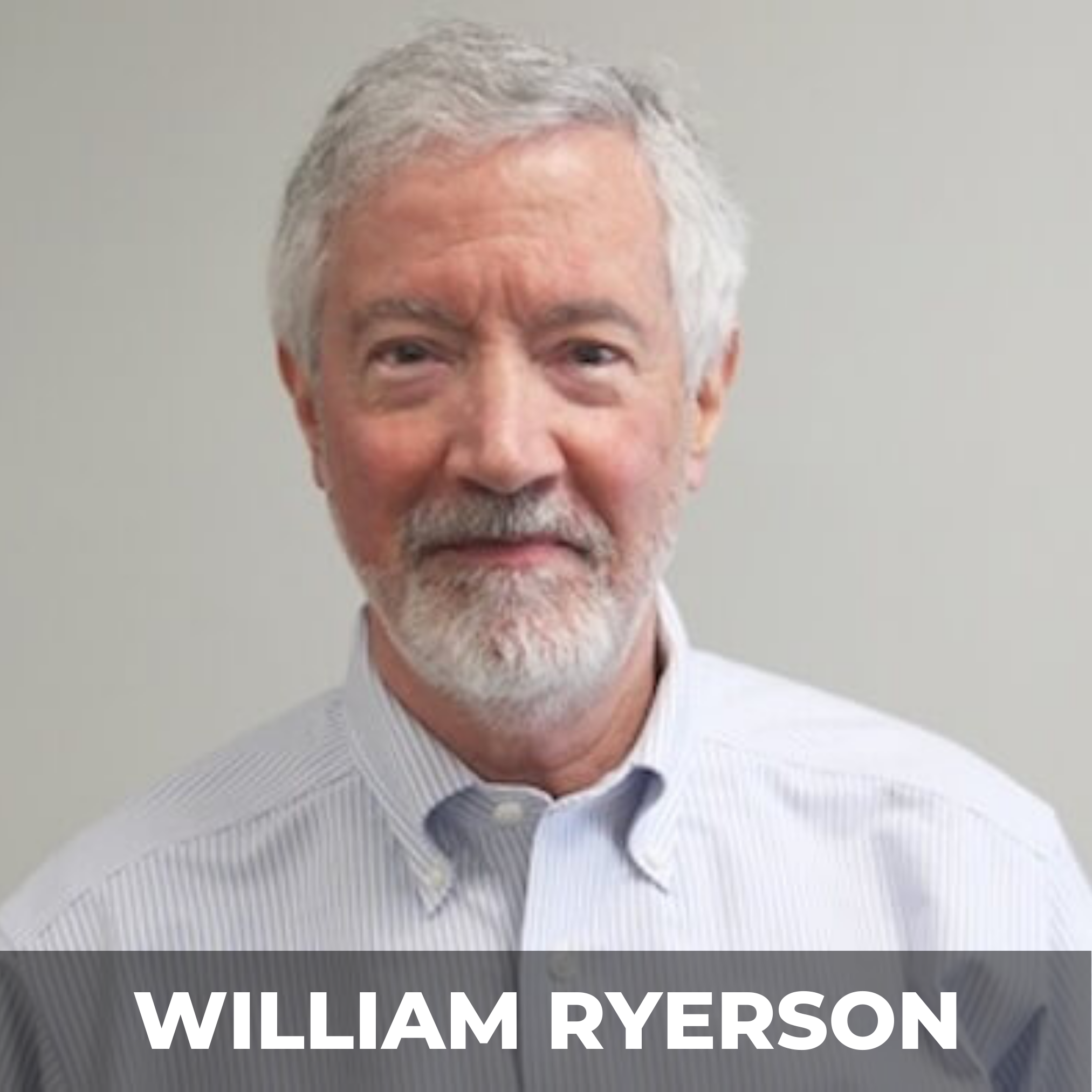
Soap Operas For Social Justice
Bill Ryerson, founder of one of the most effective sustainable population organizations in the world—Population Media Center, discusses the educational entertainment that his organization has used to promote important social and cultural changes that have helped 500 million people in over 50 countries.
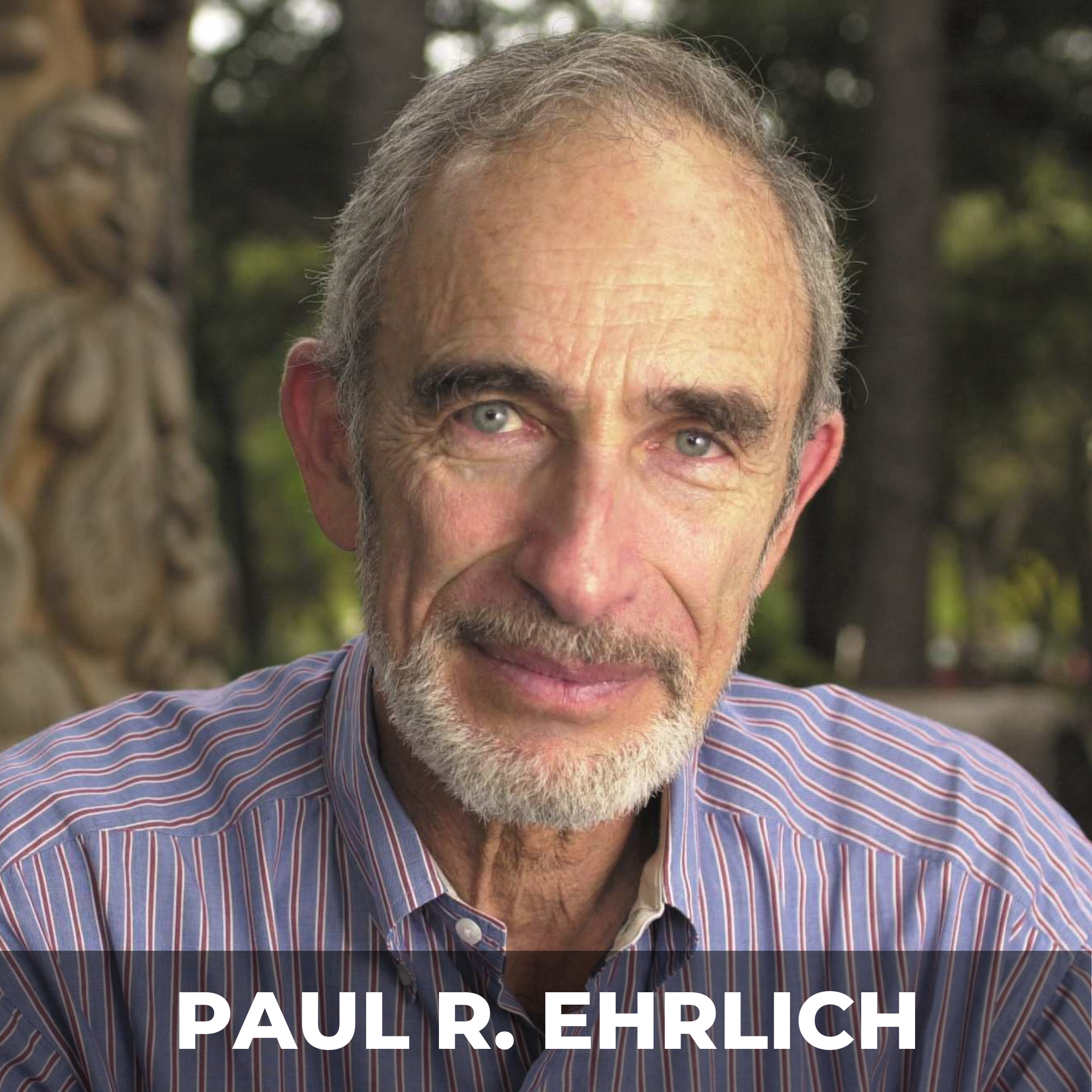
Sawing off the Limb on Which We are Perched
Co/author of over 40 books, including the best-selling book The Population Bomb, Dr. Paul Ehrlich gives us a 50,000-ft view of humanity’s evolution over 300,000 years and the misunderstood and manufactured “normal” that currently defines us.
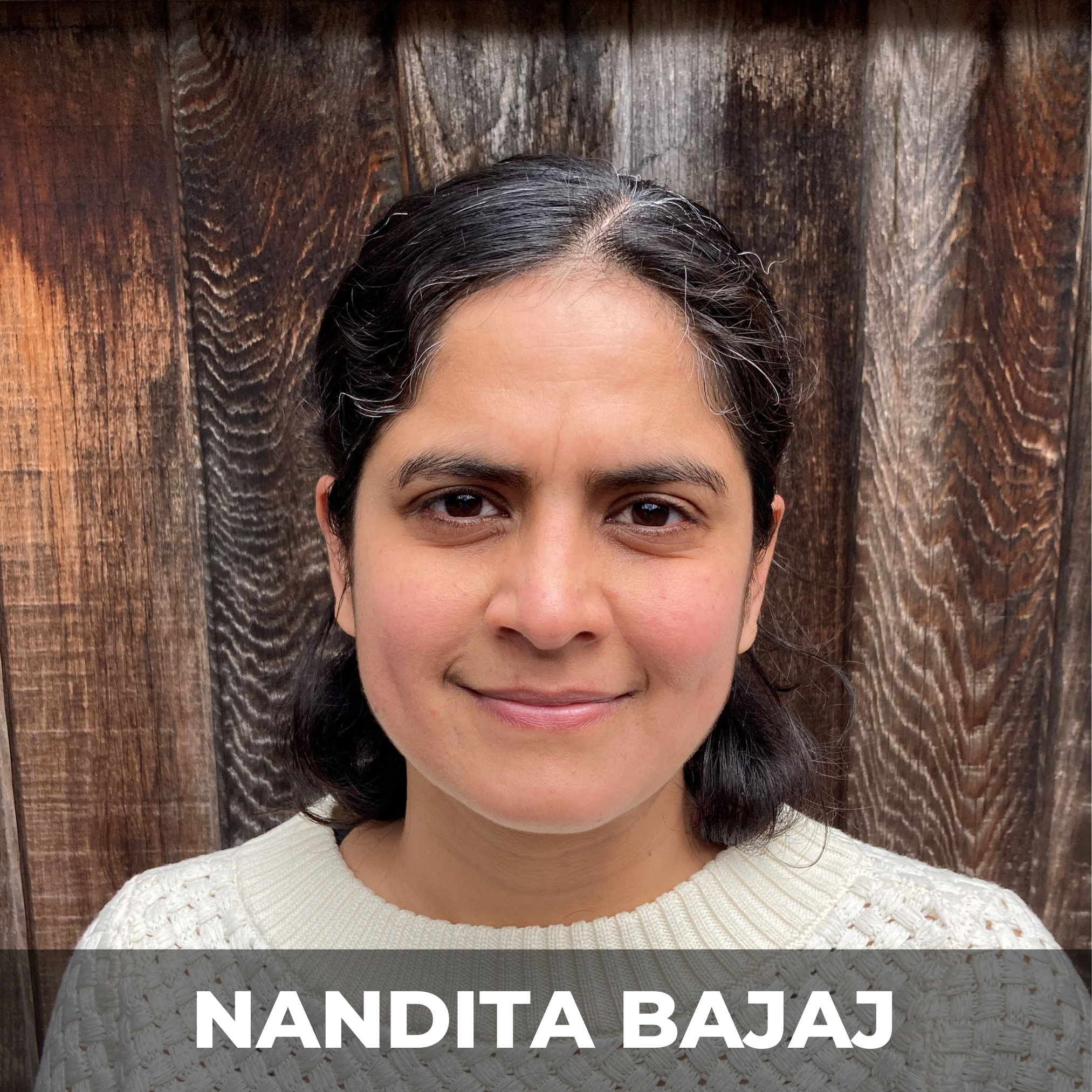
Meet the New Executive Director of World Population Balance
New Executive Director and podcast co-host Nandita Bajaj shares her brief history and the evolving path that led her to becoming a sustainable population advocate. She discusses why our growing human enterprise is the most pressing planetary justice issues of our time.
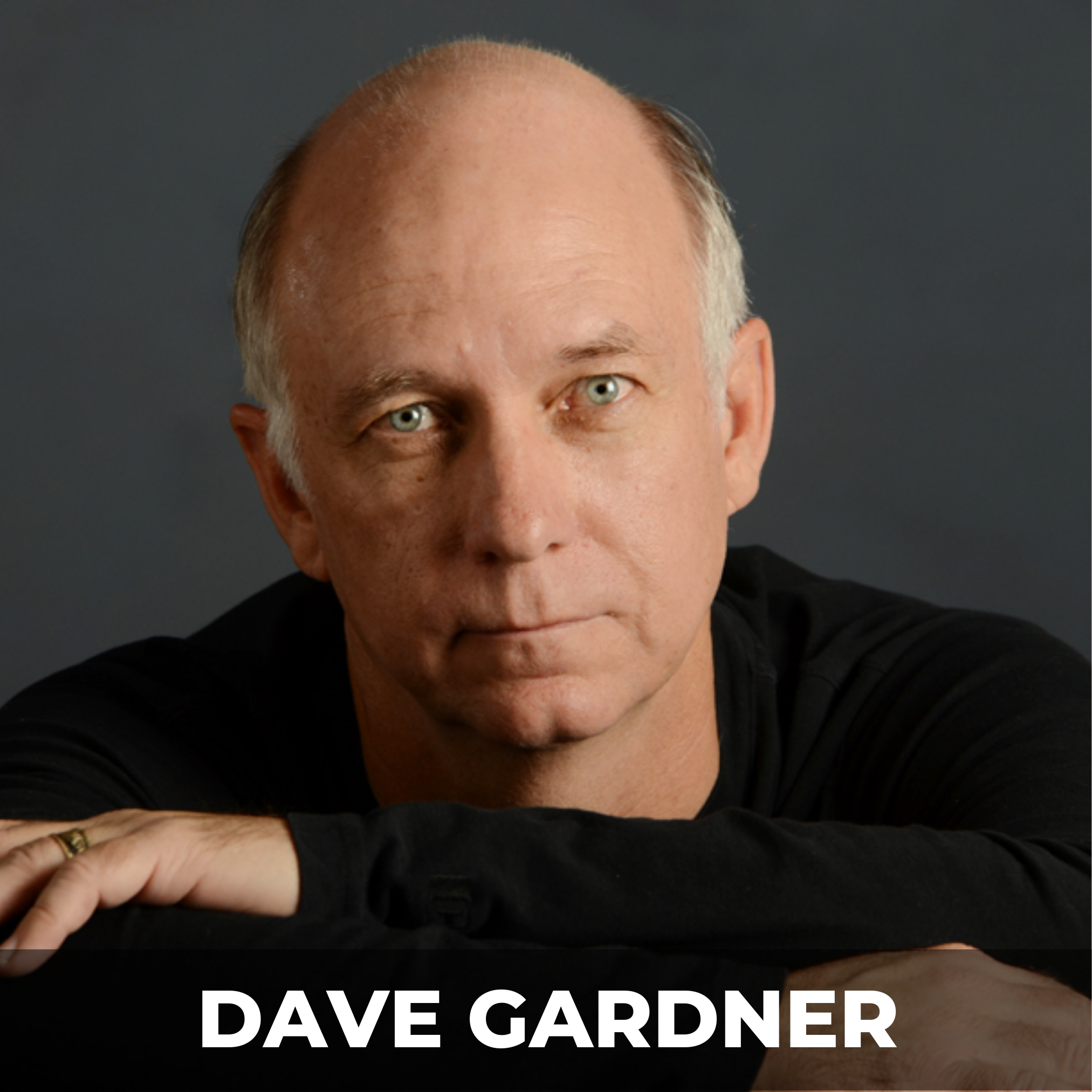
Reflection on Six Years of Leading World Population Balance
Podcast co-host Dave Gardner reflects on the agony and the ecstasy of working to alert, educate, and inspire action to end our overpopulation crisis for the last six years as executive director of WPB.






